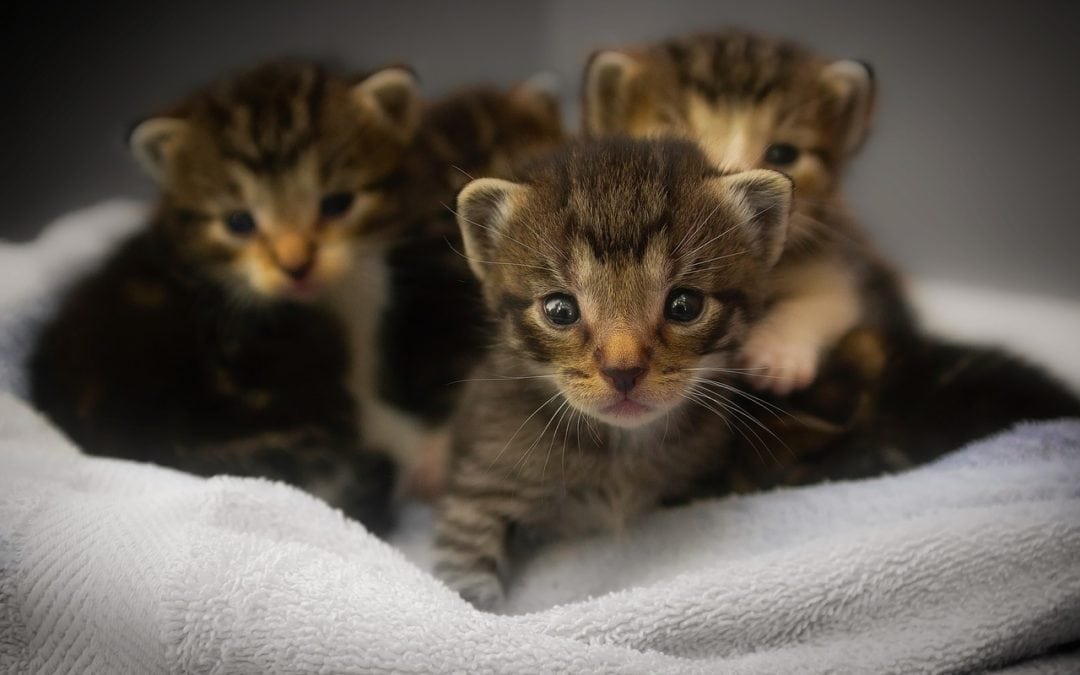The First Vet Visit with Your New Puppy/Kitten

Just as we as humans need vaccinations, our pets need certain vaccines as a part of their preventive healthcare. Vaccines are extremely important in keeping our pets healthy from diseases that are found in their everyday environments. Vaccines also help prevent the spread of disease to other animals.
The highest exposure risks come from contact with stray animals, feral animals, wildlife, and livestock or their bodily fluids such as urine, feces, nasal discharges, etc. Vaccines work to help prevent or decrease the severity of sometimes deadly diseases such as rabies, upper respiratory, gastrointestinal and immunosuppressive viruses.
The cost of vaccines is minimal when compared to treating a severe or life-threatening condition, or even possibly the loss of a family pet. Some of these preventable diseases can leave lifelong secondary complications including seizures, skin conditions such as hard pad, or immunosuppressive problems.
Most vaccines are for protection against viruses. There are no known treatments or cures for these viruses. They can only be treated symptomatically while addressing secondary infections until the disease has run its course. Vaccines contain actual virus or bacteria, or parts of these organisms called antigens, that have been attenuated, or changed, so that the animal’s immune system is stimulated to recognize and fight or destroy the disease, with antibodies, without causing the pet to become sick with the diseases. Each virus’s antibodies stay in the system for long, but variable, lengths of time to protect your pet if they become exposed to the virus or bacteria. The antibodies in your pet’s system eventually decrease to a point they are no longer, or only minimally, protective. This is the reason routine revaccination (boostering) is recommended. Puppies and kittens always need a series of vaccines (anywhere between 2-4 sets based on age) to stimulate their young immune systems.
Over the years, laboratory tests have been developed to determine protective vaccine titers. The results of these tests, along with the duration of immunity studies by vaccine manufacturers, help veterinarians tailor vaccination recommendations to individual patients. We at Country Friends Veterinary Clinic believe in evaluating each patient’s risk factors and determining the best protection for them. This can lead to longer dosing intervals from annually to every three years, or even adding or discontinuing a specific vaccine.
Dr. Rhonda Phillips and all of our veterinarians at Country Friends Veterinary Clinic are available to answer your questions regarding vaccinations and risk factors for your pets. Please contact us with any questions you have or to schedule an appointment.

